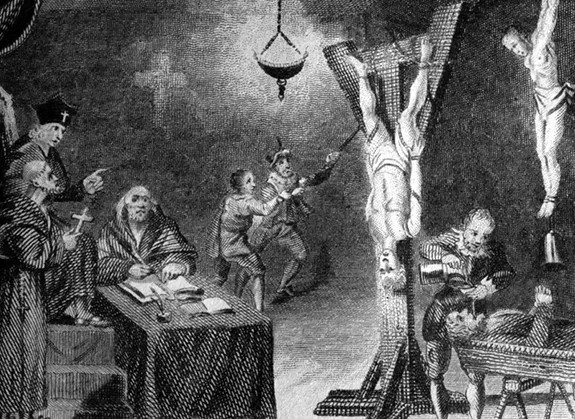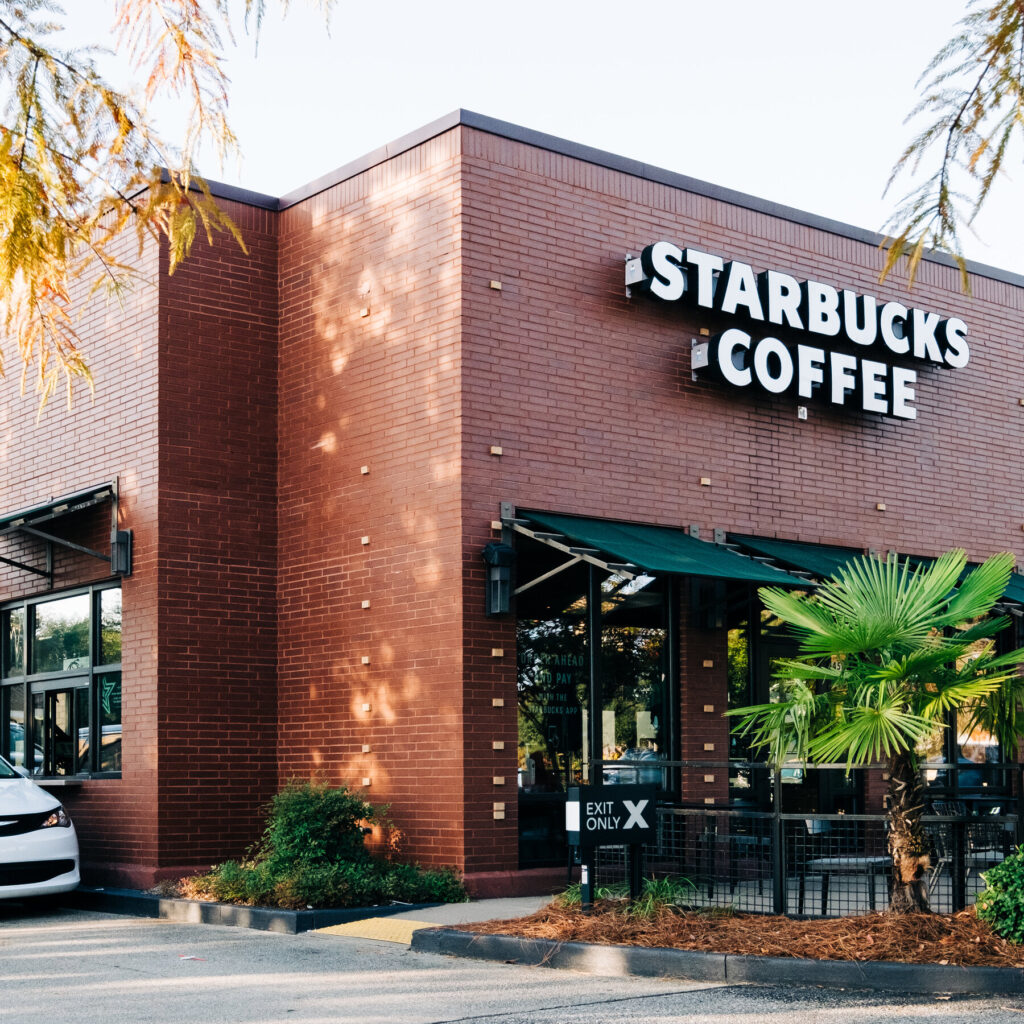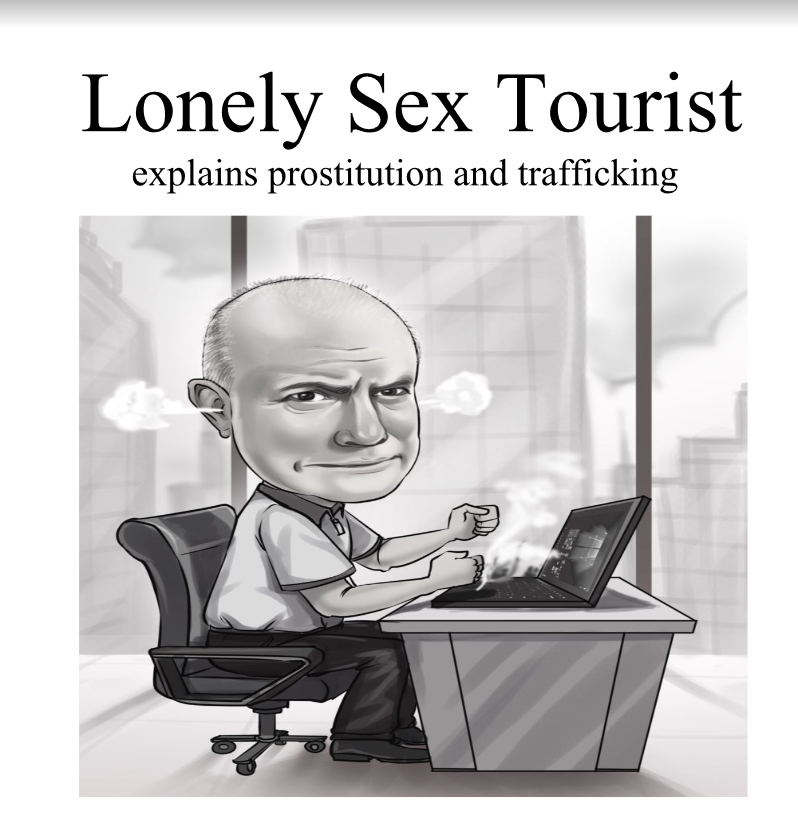Decline of religion,
Population explosion,
No central organization
These three topics have been defined and selected as being at the very heart of changes we are all dealing with in our personal lives. Of course, I will explain
This is not the normal kind of blogs which are so common. I am not selling anything. I am not a narrowly certified expert only sharing what I have learned about one subject.
But I am a guy who reads a lot and, has gotten around a bit more than most people.
I have great concern about many issues to which can be the start our conversation. I hope to open a door here for you to make this conversation work. Tell me when you think I am wrong. Agree with me if you wish. But this is not a vote. It is a freewheeling discussion. Maybe it will have a small part in whatever evolution in world society will be take if this blog joins a large cohort of similar bloggers and a resulting the ground swell of opinion may produce a valuable new form of suasion to bring social change
After do we argue out here about the role organized religion plays in our societies?
Considering a world population of less than one billion people in 1800 and even less fewer people 2,000 years ago, what is the true impact of current population of 8 billion which is still growing now? Does the earth have a maximum population?

do we need a need new organized politics and economics around the world if we are to think 100 years into the future?
I have both regular people and studied experts to join in as we think deeply about where we are at and where we will be successfully in the future.
I will bring my books. You bring your books.
Make your case as we all try to save the world
Please read my introduction below and respond in the comment section
If this results in a lively conversation, you will wish subscribe to see what others have said, and what I say next, and join in any and all conversations we produce.
In this smallway we can tribute to whatever our future holds.
1
So, here we go! I will ruminate about things I have on my mind, and I urge you to comment. Get a conversation going. Prove me wrong about what I see. This could be called my opinion but, no, it is what I see going on in our shared world and I want you to prove me wrong. However, that turns out, some progress in our broad understanding may – may – take a tiny step in a helpful direction.
Based on my opinion, the world we live in has changed dramaticececally in a short time period of my lifetime, and probably yours,
I was watching TV before I sat down to write something. I am in Thailand, and I had to ask my girlfriend what the news was talking about. It was a story about poor small farmers who have lost land to Buddhist wats. A Buddhist watt is a temple usually with several building, shrines, and land with a wall around it. When you are here and you stop to think about it, they seem to be everywhere.
I live in a provincial capital, and it isn’t big. Maybe I will take the time to ride around on my motor scooter in an organized way and see how many watts I count in the city. When you ride on truly rural roads you might be surprised, as I am, at how many watts are springled around seemingly at every crossroad. It is clear that organized Buddhist must be the biggest land holder in Thailand. The same could be true in other Buddhist dominated countries. Is there a problem with this?
I don’t know and I welcome your comments.
We know that religious organizations own a lot of property of all kinds in the United States and most are tax free. It is estimated that over 10,000 churches annually in the United States alone are abandoned or repurposed as part of documented decline of religiosity.
What is the story of rural to urban migration? It seems that many small farms must have been rededicated from rice which feeds a single family to huge sugar came fields. A drive in any direction and you can see those fields, but you also see many huge trucks filled with sugar cane going somewhere. Just seeing this during a drive from one place to another in a traditional agriculture area screams out that there is change going on which we should understand.
Yes, people continue to migrate to urban because there are factories there but what do they pay? I see no fault in companies that wish to process sugar cane. Nations like Thailand, Cambodia, as examples, want factories because a factory means jobs for their citizens. But those citizens must – must – be paid less that the work force other countries would pay or the attraction a factory in Thailand or Cambodia hold will quickly fade away.
As I drove my motorcycle from the southeast end of Thailand toward the Cambodian capital Phnom Penh I saw dozens of warehouse-style factories with crowds of (mostly) women standing alone the road appearing to be waiting for busses. I have also read articles about those women working long hours seven-day weeks under harsh conditions. There mostly know as garment factories. The shirt you are wearing now may have been in one of those factories last year.
Later I read that a major problem with prostitution in Cambodia is that the jobs in those garment factories and be so gruesome (and low paying) that prostitution looks like a much better option. There should be no surprise that Cambodian police, political leadership, and a well-financed organization of what we call non-government organizations (called NGOs) work very hard to stop, at least in theory, prostitution.
One tool used to stop prostitution around the world is to make repeated claims that those women doing sex work are in grave danger. Silly me but I suggest the danger is often greater in most other work that is available to them. The evidence of that claim is that Cambodian women vote by routinely choosing sex work over the factories that are so common there.
So, this gives any readers which I might have a lot to reply to.
Q. Is there a problem in Thailand and around the world if religious organizations monopolize large tracts of valuable property (often with special privilege) when at the same time traditional families are under pressure to change their way of life?
I raised this same issue with my devote Buddhist companion. Her response was that Buddhism has been around since prehistory times. But so what!!! I kind of like Buddhism because, even though it has many of the trapping held by many religions, fundamentally it is about a known man, Buddha, of which there is good evidence, as a teacher of a spiritual way of life, yet there is no requirement to believe Buddha is a spirit, or a God who is watching us up on a cloud. All organized religions, by definition, depend on faith in that which cannot be empirically proven but is taken for granted by believers as real and true and thus revolve around a set of supernatural beliefs. Hence religion. Ref: Beyond Doubt, The secularization of Society. 2023, Isabella Kasselstrang, Rayan T. Cragun
Q. What do we understand about the social changes that take place as a result of rural to urban migration?
2
Sometimes we just get angry about so many things in our lives these days and I ask you, if like me, you fail to even think about things which we should be thinking about. Here is an example: Let’s start with a simple question. Why does anyone buy coffee at Starbucks? Maybe I will be sued for even raising the question. But I am not really referring to Starbucks specifically, but I am referring to all, or at least many of our current shopping decisions.
This morning I wanted a coffee, as I often do to get my day started. There is a McDonalds across from the hotel where I am staying. A cup of “black coffee” (their name for it) THE PRICE was 90 baht. Remember I am in Thailand and 90 is baht is $2.54. For me that always seemed high for a cup of coffee but I usually got a morning sandwich with it and so the coffee was part of the package so I just I just ignored the price. Maybe you would do the same. Today I just bought the coffee.
Later I needed a thumb drive for my computer, so I walked to a place I knew where I would a with a series of small computer supply shops. Like so many stores and malls where I am at now they did not open until 10:30. I think that is late to open but it made more sense when a friend commented that maybe that is because thy stay open late. Okay, up to them. But I had about 45 minutes to wait till the doors even open. Fortunately, there was Starbucks Coffee shop right there which included a nice outdoor sitting area. So, I went in for a coffee. I have very little experience with Starbucks because I know that they sell several kinds of coffee with names I am no familiar with: Arabica, Latte, Cappuccino, Americano, and more. Yes, I know I am old fashion, but I do not feel a need to understand what these things are in order to get a simple cup of coffee to feel I have the right to sit at this store until the small mall opens up in another 40 minutes.
The cheapest choice seemed to be the smallest size of Americano coffee. As an American this seemed right for some reason. Price – 120 Th baht ($3.99). Wow That is quite a bit more than MacDonalds. It is not a really big surprise! But suddenly the price of a simple cup of coffee is on my mind. Later I took a walk in my neighborhood. Again note: I am in a resort area in Thailand with many small restaurants. ? I asked the price of a single cup of coffee at the Hideaway, a place that always looks busy – 50 baht. Next, was the Pattaya Spotys Hub. They had four kinds of coffee and a hot cup of each was priced at between 50 and 80 Th baht. Third, the always busy Corner Bar. Price 50 baht.
At the current exchange rate 50Th baht is about 20 US cents. So, three out of five today consider a simple cup of coffee to be properly priced at roughly a US quarter. The Starbucks smallest Americano price was $3.99.
Do these kind of routine expenditures pass our attention all the time? This bring me to the question of the week I would like people to ruminate on with me. As I walked home here were several small restaurants in my resort town in Thailand and I asked for the price of coffee there too. First: I asked the price of a single cup of coffee at the Hideaway, a place that always looks busy – 50 baht. Next, was the Pattaya Spotys Hub. They had four kinds of coffee and a hot cup of each was priced at between 50 and 80 Th baht. I could see one of those vending machines where the customer his coffee by pressing the right button. Third, the always busy Corner Bar. Price 50 baht.
At the current exchange rate 50Th baht is about 20 US cents. So, three out of five today I visited consider a simple cup of coffee to be properly priced at roughly a US quarter. The Starbucks smallest Americano price was $3.99.
Why do people ever buy coffee from Starbucks?
So, that’s my question? Of course, since I have an MBA specializing in marketing, I can think up lots of ideas to explain that: nice decor, good location, great tasting coffee, and on and on. but if there is a broader question, it could be Who have we become when price is not a primary concern when buying a simple cup of coffee? Where I am at the moment there are bars with signs outside that say Happy hour until 9 PM or all local beers 65 baht all day and similar signs touting a good price. Is price relevant for some products, but not others?
In the next couple of weeks, I will be subject to cataract eye surgery. I have no idea what the price will be. But I do have confidence in my doctor and in my hospital. I know my health insurance which has paid for other issues in the past will pay again.
But is surgery on my eyes different than a cup of coffee? If so, why?
So the original question was Why do people ever buy coffee from Starbucks?

Nothing against the Starbucks company but the better question might be Is it possible that a certain segment of modern society may have lost appreciation of the value the of a cup of coffee as seems to be the case when its price swings so widely.
If this is something to think about, even something to ruminate deeply about here.
Could this also be a sign of digression in everyday society? I see signs of growing income inequality in this, which can be easy to ignore. But what is next? Will continuing growth of income inequality really kick us in the ass in the future? In he next 50 years will a cup of coffee be a major delicacy?
Q What is a simple cup of coffee worth to you? What should it be worth to everyone? If I am wrong about the concern this raises for me, tell me why I am wrong And, tell all readers here how you see products like this will go through change in the future?
If this kind of discussion makes you can respond with angry make my comments section zing with that anger.



